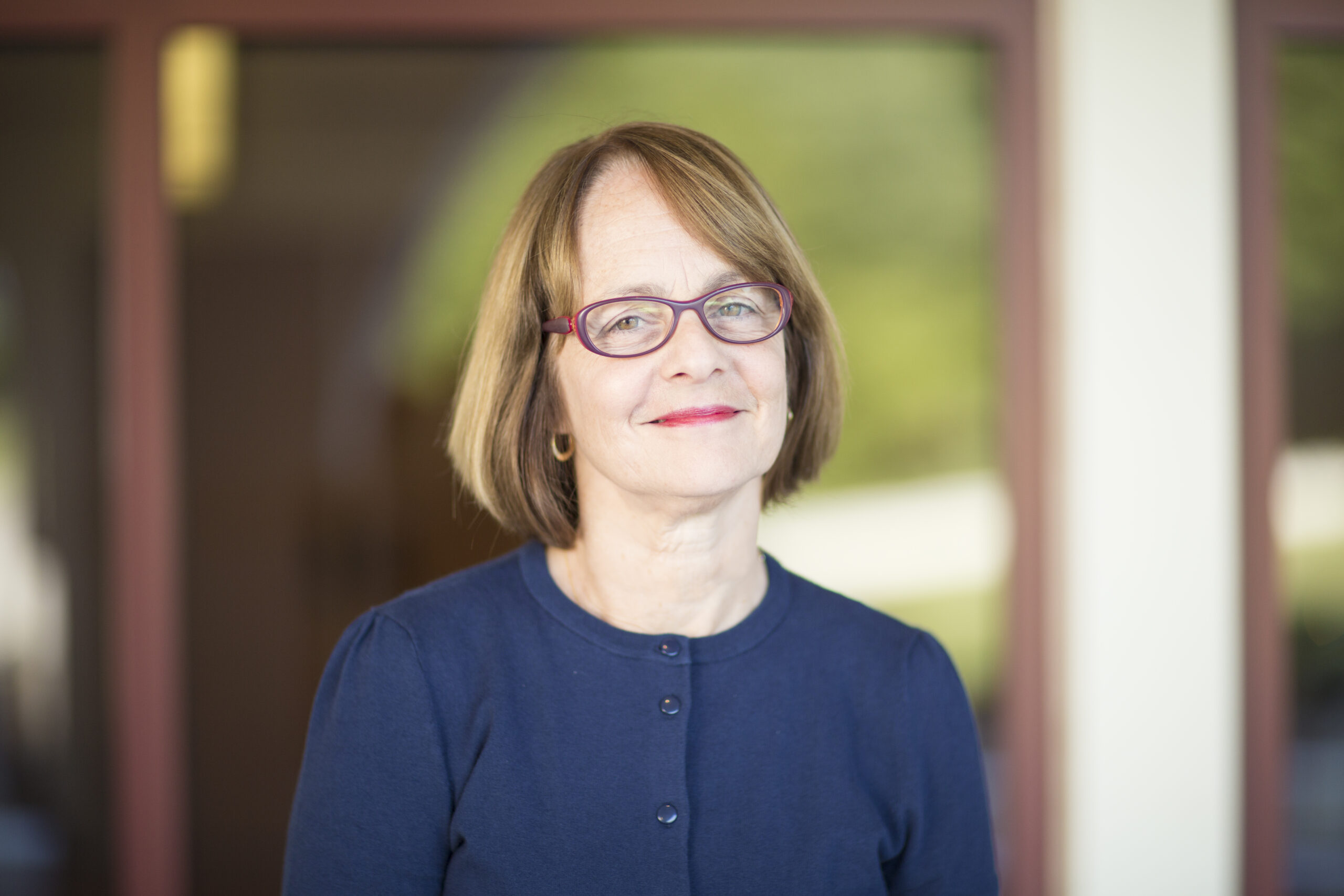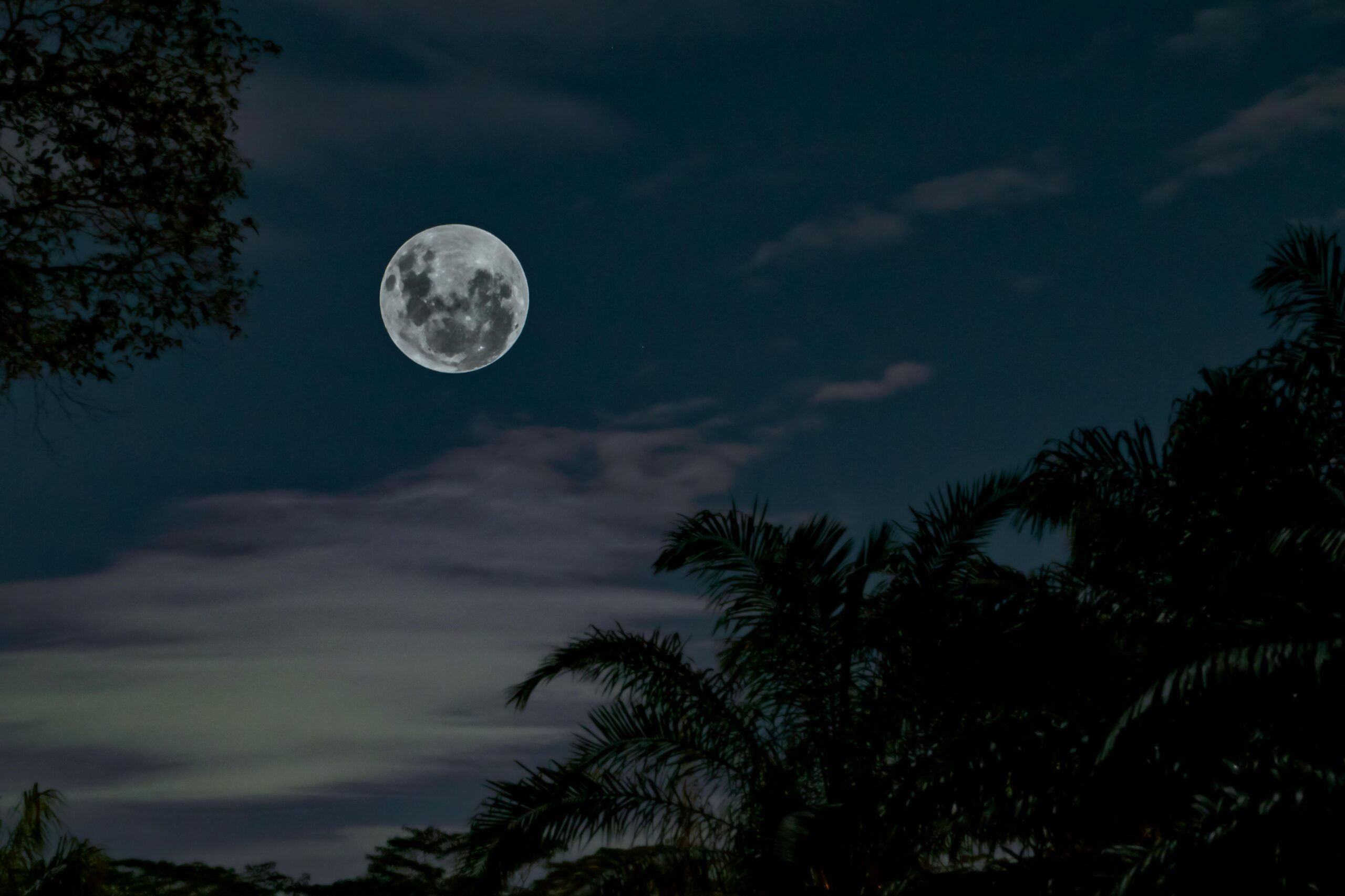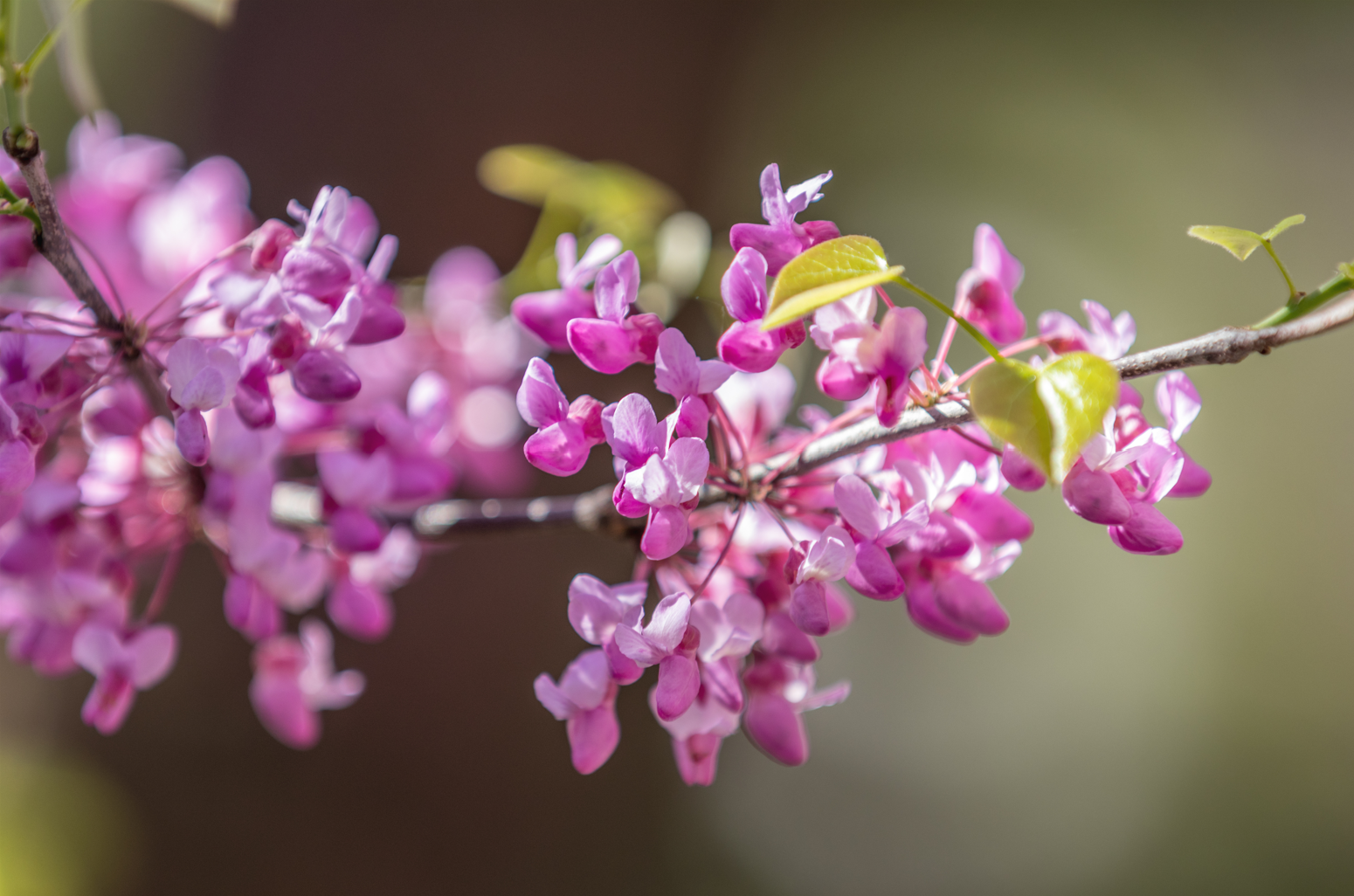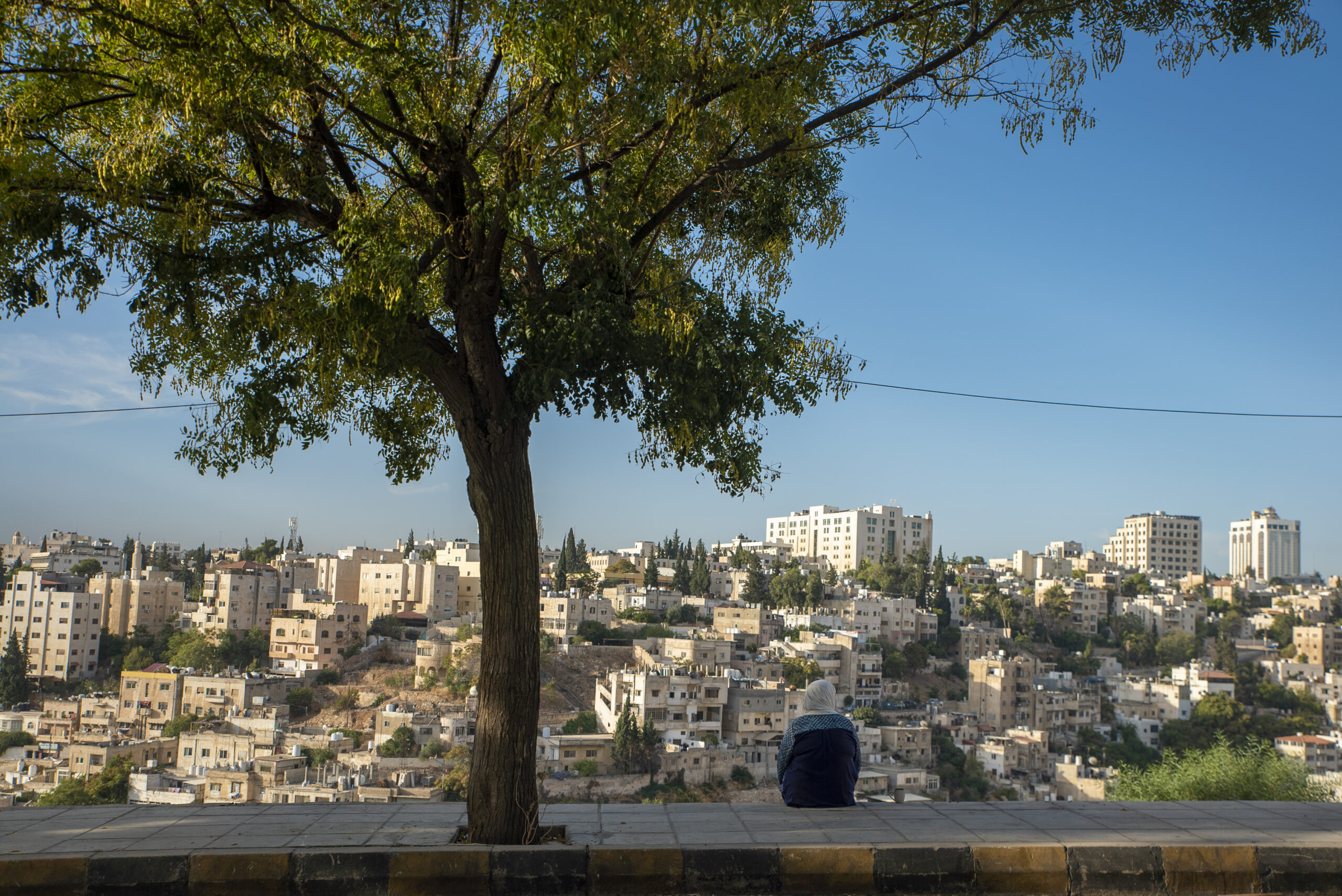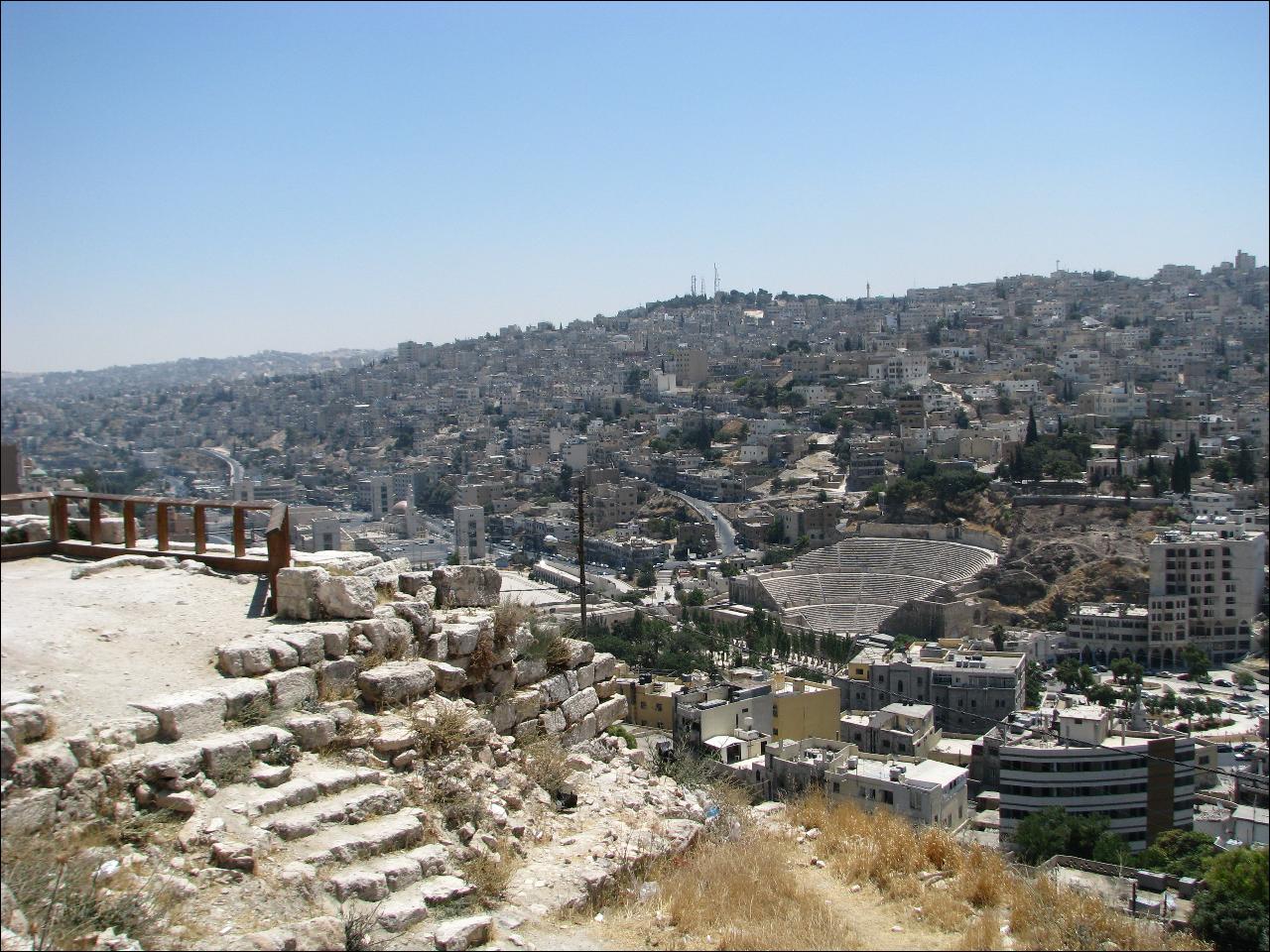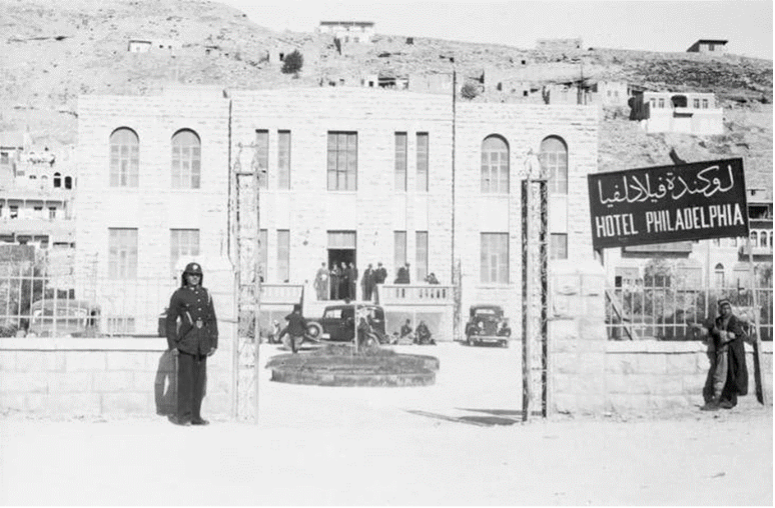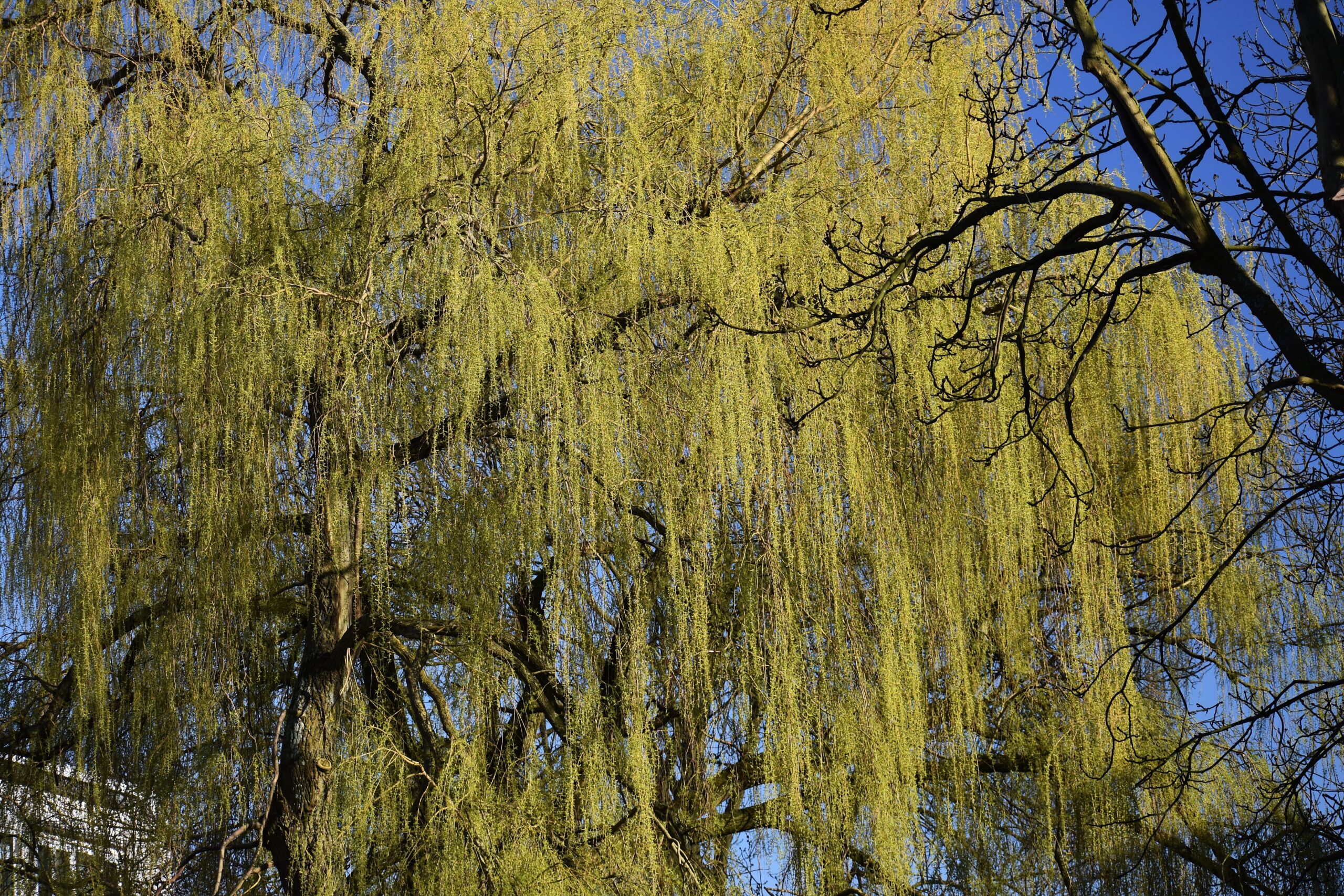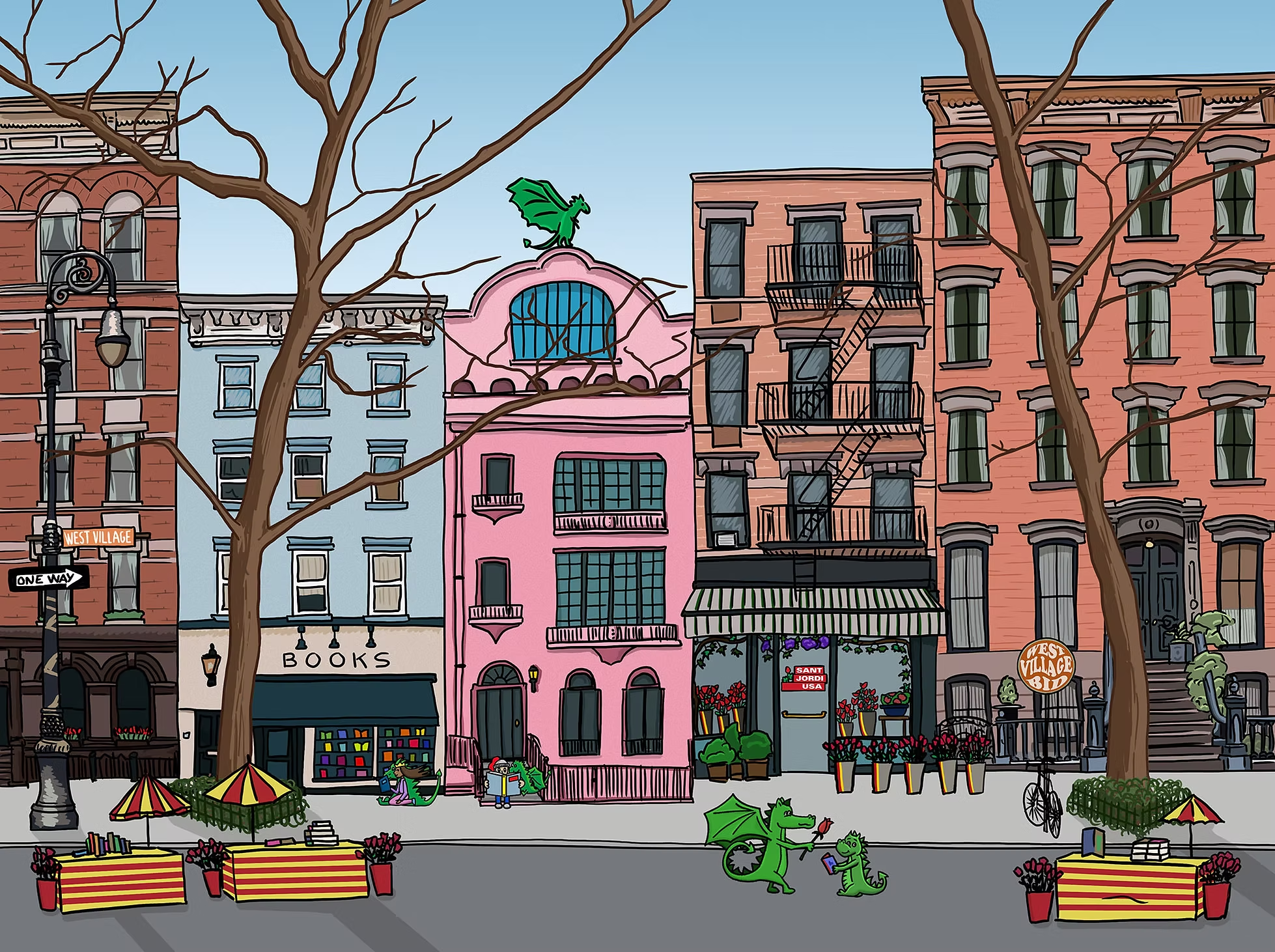All the other professors emeriti
have shuffled in, neat in jacket and tie
except for the few ladies (flats and hose),
and nobody’s not in hearing aids—both those
with hair to hide the wires and those without,
and (a sub-category) those who shout
their greetings now while sporting a severe
kind of stopper, jammed into the ear
as if to bar the spillage of what remains
(old wine in old bottles) of their brains.
37 (Song, with People on the Street)
I know you think that evil always fades
like grass, that even when it spreads itself
like a bay tree, or cobwebs on a shelf,
time will turn it back, as sun with shade,
A Theory of Grief
By KATE GASKIN
After she died
the crocuses bloomed
and the purple phlox.
The daffodils bloomed
and the snowdrops.
The star magnolias bloomed
and the forsythia.
Cedar Park Café
at cedar park café, praised for their chicken & waffles,
i sit at the corner table, & a young blonde child
with their family in front of me takes a sip of water,
looks right at their parents, raises their right hand,
back straight: i commit to not look at my phone,
even when it’s right in front of me.
i make the same commitment to myself every day.
before recovery, no amount of self-control could bring myself
to stop it. i was sort of big but the phone was bigger.
this compulsion is real & serious—i thought it, i knew it,
i’d pray for my behavior to change the next day.
first thing the next morning, my hand would up
& move itself, no thought of the rest of the body.
like any addict there is hope for us too.
in recovery—yes—i turn to meetings,
turn to phone calls, to God & to fellows,
& to readings. i pick up, i slip, i try again,
further away from where i was (the hours & days),
& closer to where i want to be
(so many more hours, so many more days).
my chicken & waffles are served,
melted butter & maple syrup & crispy chicken
& warm sweet & spicy sauce.
i put my phone (just a notebook) back down.
the parent: put your phone away.
the child: we’re going to have to put it in the fire of death.
the parent: the phone?
the child: yes, in the fire of death.
the parent: we don’t need to put it in a fire of death.
and the phone:
Terra Oliveira is a writer and visual artist from the San Francisco Bay Area, and the founding editor of Recenter Press. Her poems have been published in The American Poetry Review, Puerto del Sol, and elsewhere. During the week, you can find her managing two bookstores in the North Bay.
Amman in Color: Majd Hijjawi, Momen Malkawi, Husam Manasrah
By MAJD HIJJAWI, MOMEN MALKAWI, and HUSAM MANASRAH
Photography by Majd Hijjawi
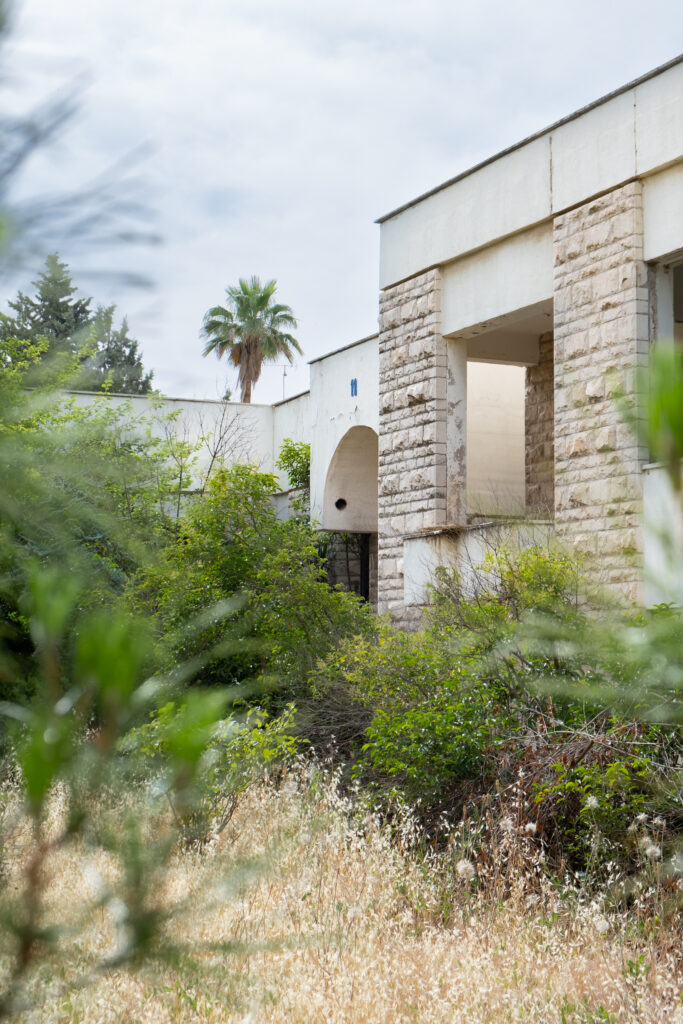
An abandoned villa in Um Uthaina. This house is a remnant of a once affluent residential neighborhood in Amman, with an eighties architectural style popular at the time. This home no longer exists, as commercial projects have been taking over the neighborhood.
City / Non-City
By YARA GHUNAIM
Translated by WIAM EL-TAMAMI
Eight Ways of Looking at a City
1.
Every day, on my way to work, I make a bet with myself: Will I find the tree—the one next to the Own the Apartment of a Lifetime! sign—still standing in the same place? When we’re together in the car, my mother wonders aloud: “My God, when did that building come up?” I imagine the buildings sprouting up from the earth, like plants.
2.
I spend more than half my day in an office, behind a closed door, inside a gigantic glass building. I sit in front of the computer screen. I contemplate how empty space becomes apartments to be bought and sold. Now that homes have become investments, there is no sky left; all the air is now conditioned. They’ve blocked out the sun, buried the sea in another city. And yet, when I go out, I see flowers growing, forcing their way through the concrete of the sidewalk. I marvel at their intuition—their knowledge that concrete is bound to break.[1]
The System
Chrysippus laughed so hard
at a donkey who ate all his figs
that he died. Melville said Death
winked at him with the left eye.
Hotel Philadelphia
By KHALED SAMEH
Translated by WIAM EL-TAMAMI
1.
As I sit here in the Hashemite Plaza, I am surrounded by noise—visual, auditory—coming at me from all directions. This grand forum attached to the Roman Theatre has now become a breathing space for hundreds of thousands of residents of East Amman and the surrounding governorates. Some come here for recreational reasons, to get together, or to make a living. There are many other reasons why people come to this square, reasons that are not unique to Amman and that are found in most cities around the world. There are pimps and sex workers (heterosexual and homosexual); children being exploited in different ways; dealers of hashish and other drugs—along with various other things that Ammanis would include in their long list of taboo topics.
Selections from Lettres en forêt urbain
By BERTRAND LAVERDURE
Translated by SLP
Poems appear below in English and the original French.
Translator’s note
I stumbled on these poems, fairly literally, in a bookstore in Québec.
I immediately recognized the hyper-connected world M. Bertrand Laverdure writes of—the new networks of pop culture and politicians and internet also familiar to me as an American, and the older networks of gargantuan trees, shaky trees, trees above streams and children playing and park benches and promotional flyers and guidewires. I recognized the surreality of his world. Of the double-address, where each poem is an epistle both to a specific tree with a clear local history, and to figures from cartoons (Skeletor), film (Poltergeist), myth (Penelope), classic literature (Gatsby), and more. The surreality where each tree and literary figure is also “a jpeg,” and where plugging devices into outlets, or each other, mirrors trees (the French word for plugged in is “branché”).
The Common x Sant Jordi Book Festival: Arabic Fiction Readings
Some of The Common’s Arabic fiction contributors, MARYAM DAJANI, ESTABRAQ AHMAD, and ISHRAGA MUSTAFA HAMID, made virtual appearances at the Sant Jordi Book Festival last week! The hybrid celebration, sponsored by the eponymous Sant Jordi in New York, is held annually in New York City to raise awareness of literature in translation, and pays homage to the famous Sant Jordi Book Festival in Barcelona, where the streets are lined with bookstands and flower stalls in honor of “the St. Valentine’s day of Catalonia.” The Farragut Fund for Catalan Culture in the United States sponsors the festival and is led by MARY ANN NEWMAN, a renowned Catalan translator and contributor to TC’s Issue 28 portfolio of Catalan women’s literature in translation.
It might be too late to grab a book and a rose, but you can get a feel for the beautiful festival by checking out the readings of Dajani, Ahmad, and Hamid’s stories below—which includes a sneak peek at our Issue 29 Amman portfolio, launching next week!
